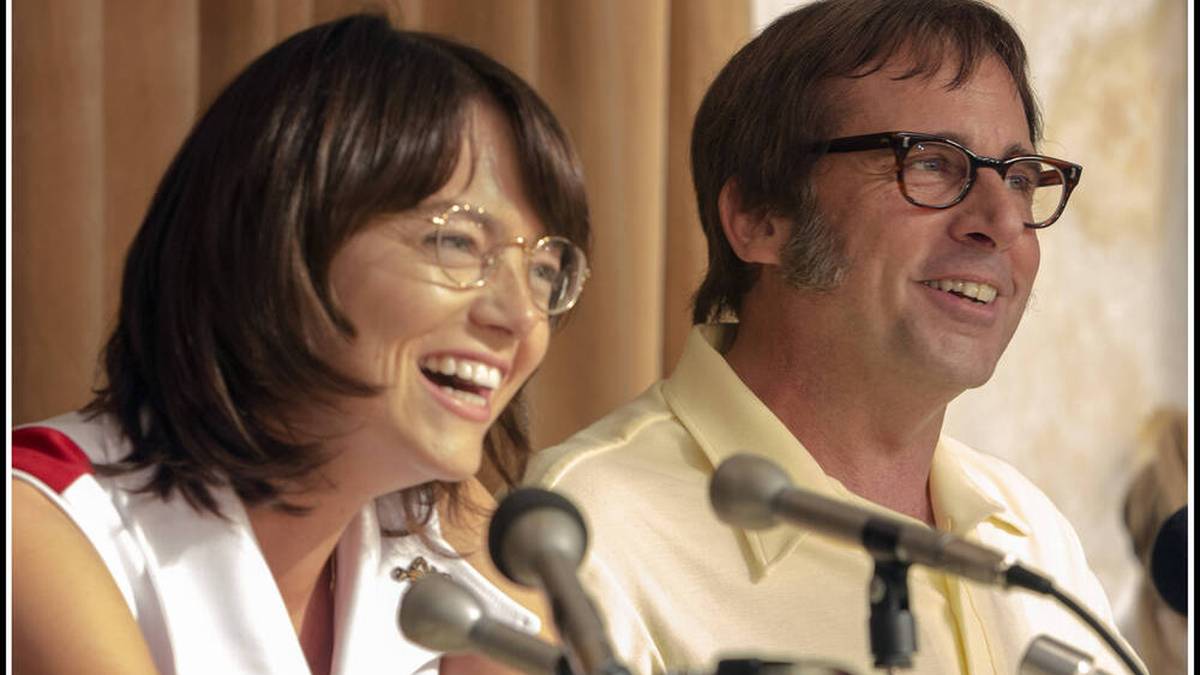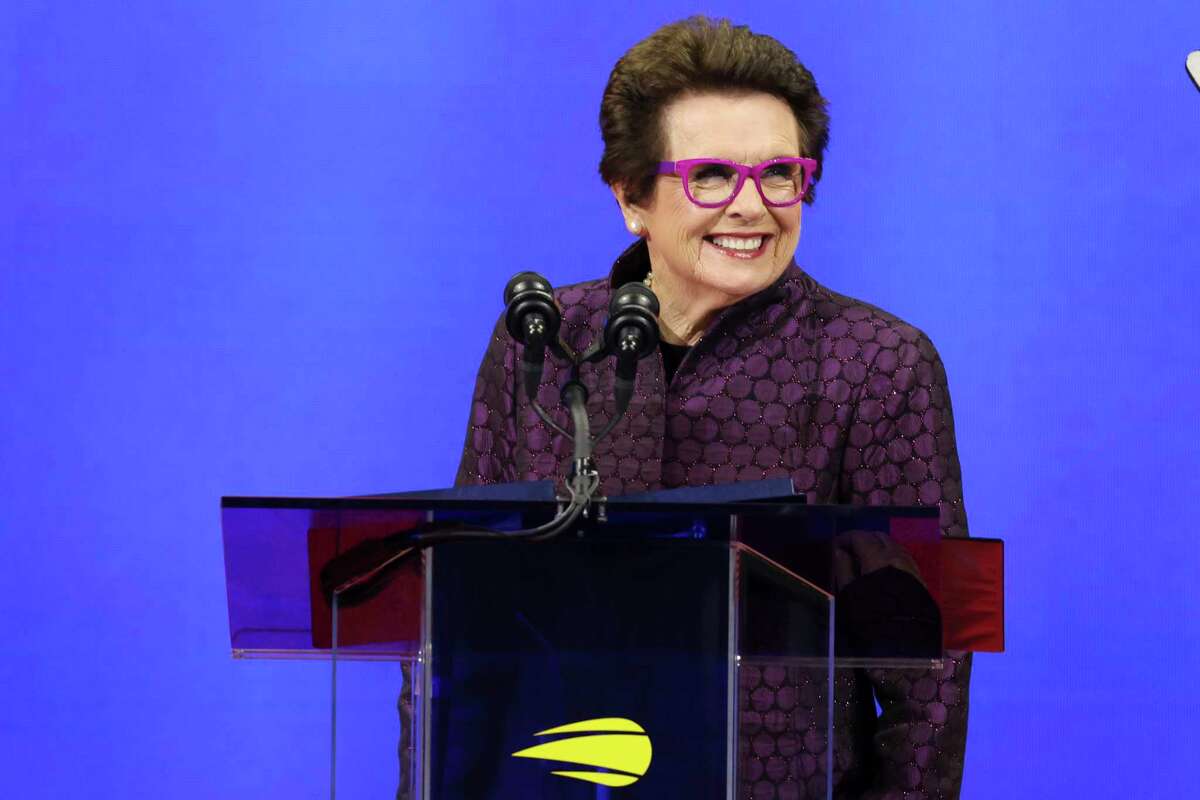Billie Jean King has built a legacy in tennis that goes far beyond her records on the court. Her “Battle of the Sexes” immortalised in Hollywood, which marks its 50th anniversary, is legendary
On September 20, 1973, Billie Jean King’s life changed drastically. From an outstanding tennis player, she became a face of the women’s movement. On that day, she had triumphed in the duel with Bobby Riggs that became famous as the “Battle of the Sexes”. She smoothly defeated the three-time Grand Slam winner and former number one in the men’s world rankings in three sets.
“It was really about social change. Since that match, women have come up to me – that match, by the way, has been mentioned every day in my life since then,” she said again recently in an interview with today.com, describing the significance of that success. “Women have gained a lot more confidence because of it. “
Even future US President Barack Obama has congratulated her on this triumph in the past, she revealed. “President Obama said he was 12 when he saw it and he said, ‘This game really touched me and also the way I raised our two girls.'”
King was aware of the significance of the clash with Riggs beforehand. The then 55-year-old was known as a chauvinist. Women belonged in the kitchen, he insisted publicly, not in major sport. When he also beat King’s girlfriend Margaret Court 6-2, 6-1 in May 1973, King wanted revenge.
And King knew: This was the ideal platform to take her tireless fight for equality to a broad public. Accordingly, she staged her appearance at Houston’s Astrodome.
“Battle of the Sexes” with Bobby Riggs immortalised in Hollywood in 2017
Billie Jean had half-naked men carry her onto the court in an Egyptian palanquin, then rudely chased the 26-year-old Riggs out of the arena 6-4, 6-3, 6-3 in front of a crowd of 30,472.
King’s victory was so impressive that even Riggs had to acknowledge her superiority. “When we shook hands and put our arms around each other, he said, ‘I underestimated you'”.
Meanwhile, arguably no triumph of King’s is better known, not least because of the 2017 Hollywood adaptation – starring Emma Stone as Billie Jean King and Steve Carell as Riggs.
A family full of sports aces and real heroes
Where did the impetus for her vigorous fight for women’s rights come from? Billie Jean King – born on 22 November 1943 in Long Beach, California – often talks about her father.
Bill Moffitt served in the US Navy during World War II and later worked as a firefighter in her hometown. His fighting spirit, his assertiveness, his sense of justice all left an imprint on their daughter.
“My father always told my brother and me, ‘Never underestimate your opponent and always respect him, even if you don’t like him.’ That was so perfect what he taught us,” King described her father.
And the family was sports-minded: Bill played basketball, mother Betty was an excellent swimmer, and brother Randy made a name for himself in Major League Baseball as a pitcher for the San Francisco Giants, Houston Astros and Toronto Blue Jays.
Billie Jean King is a record champion – and pioneer of the WTA
Billie Jean played tennis, she played incredibly fast and aggressively, and soon many girls her age didn’t want to compete against her.
No one could stop her. Billie Jean King won a total of 20 titles at Wimbledon in singles, doubles and mixed, among others, which no one but her has managed to do to this day, she won 129 tournaments and seven times with the US team the Federation Cup – meanwhile renamed the Billie Jean King Cup.

In 1965, Billie Jean married Larry King – not to be confused with the US talk show host of the same name – who was a year younger than her. With him, she developed the idea of founding a tennis tour for women, which she and eight comrades-in-arms launched in 1970 as the Women’s Tennis Association (WTA).
In 1987, the marriage was divorced, by which time Billie Jean had long since made her bisexuality public.
For almost 40 years, the woman with the powerful voice has been an icon of the lesbian and gay movement in the USA.





